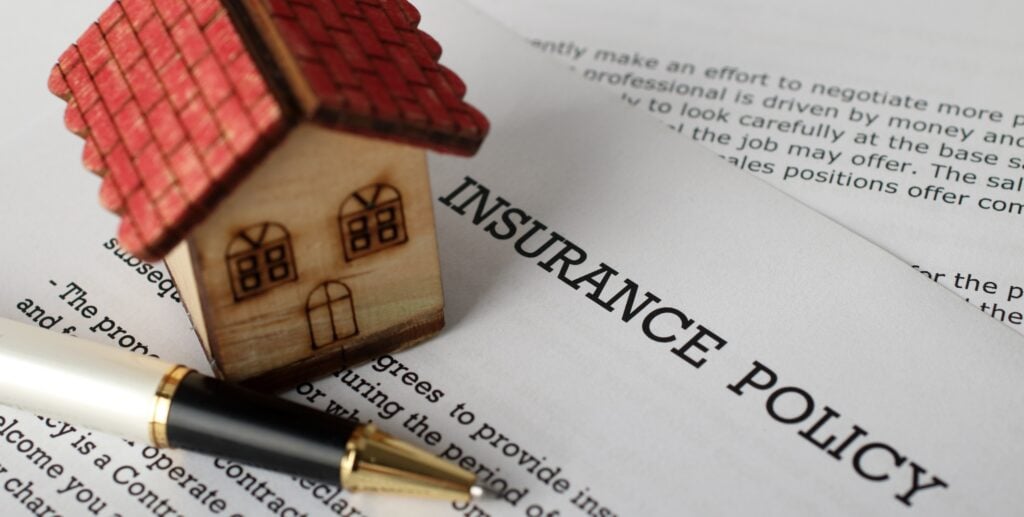Renting out a property can be a great way to earn some extra income, but it also comes with its own set of risks. As a landlord, you’re essentially opening yourself up to potential liability, damage to your property, and even the loss of rental income. While there are many things you can do to mitigate these risks, having insurance can provide you with an added layer of protection.

When it comes to insurance for rental properties, many people assume that it’s not necessary or that their standard homeowners’ policy will suffice. However, this couldn’t be further from the truth. Rental property insurance is a specialized type of insurance that’s designed specifically for landlords, and it provides a range of benefits that can help you protect your investment.
So, do you need insurance for your rental property? Let’s take a closer look.
Risks Associated with Rental Properties
There are several risks associated with renting out a property, including:
- Liability: As a landlord, you could be held liable if a tenant is injured on your property. This could result in costly lawsuits and financial losses.
- Property damage: Tenants may accidentally damage your property, which could result in costly repairs or even require you to replace items.
- Loss of rental income: If your property is damaged or becomes uninhabitable, you could lose out on rental income, which could put a strain on your finances.
Types of Insurance Coverage
Rental property insurance typically provides a range of coverage options, including:
- Liability insurance: This type of insurance provides protection against lawsuits and financial losses resulting from tenant injuries or property damage.
- Property damage insurance: This type of insurance provides coverage for accidental damage to your property, including damage caused by tenants.
- Loss of rental income insurance: This type of insurance provides coverage for lost rental income in the event that your property becomes uninhabitable due to damage or other issues.
Benefits of Rental Property Insurance
Having rental property insurance can provide a range of benefits, including:
- Financial protection: Rental property insurance can help protect you against financial losses resulting from liability, property damage, or lost rental income.
- Peace of mind: Knowing that you have coverage in place can give you peace of mind and reduce your stress levels.
- Compliance: In many cases, having rental property insurance is required by law or by your lender, so it’s essential to have coverage in place.
What’s Typically Not Covered
While rental property insurance provides a range of benefits, there are some things that typically aren’t covered. These include:
- Maintenance-related issues: If your property needs maintenance or repairs due to wear and tear, this typically isn’t covered by your insurance policy.
- Intentional damage: If a tenant intentionally damages your property, this typically isn’t covered by your insurance policy.
- Flood damage: If your property is damaged in a flood, this typically requires a separate flood insurance policy.




